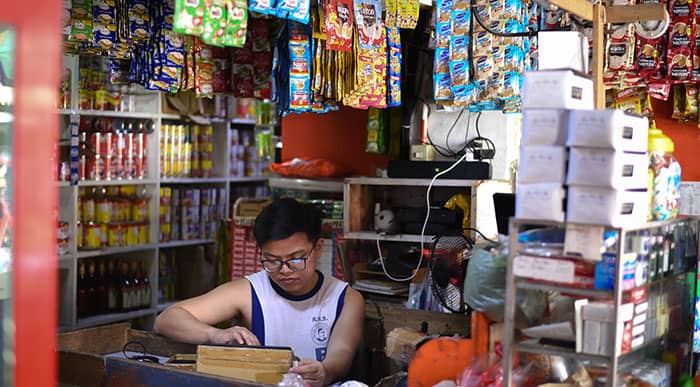Manila, Philippines – Philippine-based data analytics platform Packworks has officially launched its business intelligence tool ‘Sari IQ’, which provides data analytics on the behaviour and spending habits of consumers who buy their needs in traditional ‘mom-and-pop stores’, known locally as ‘sari-sari’ stores.
The platform launch was announced by Ibba Bernardo, Packworks’ co-founder and chief marketing officer, at the IMMAP DigiCon Valley 2022 held virtually on October 11, 2022.
The Sari IQ dashboard provides real-time and historic information on consumer spending and can be configured to develop an analysis for product types sold in small retail formats. It gives retailers and multinational brands complete visibility into sari-sari stores’ operations, allowing them to extend their slow-moving products and services to a wider pool of customers. Analysis through the platform also helps them come up with data-driven decisions to increase sales of sari-sari store owners by understanding and predicting consumer demand within their area.
Moreover, the platform tracks information from Packworks’ broad network of almost 200,000 sari-sari stores nationwide that use its super app called ‘Super Sari Store’.
“Sari IQ is the trusted, go-to partner for sari-sari stores that empowers businesses to be on top of their brand’s performance and make data-driven decisions every day,” said Andres Montiel, Packworks’ chief data officer.
In Packworks’ latest study, Sari IQ showed that Filipinos tend to care more about their hygiene than their empty stomach as they prioritise buying self-care products such as hair shampoo and conditioner in sari-sari stores located in areas previously battered by natural calamities.



